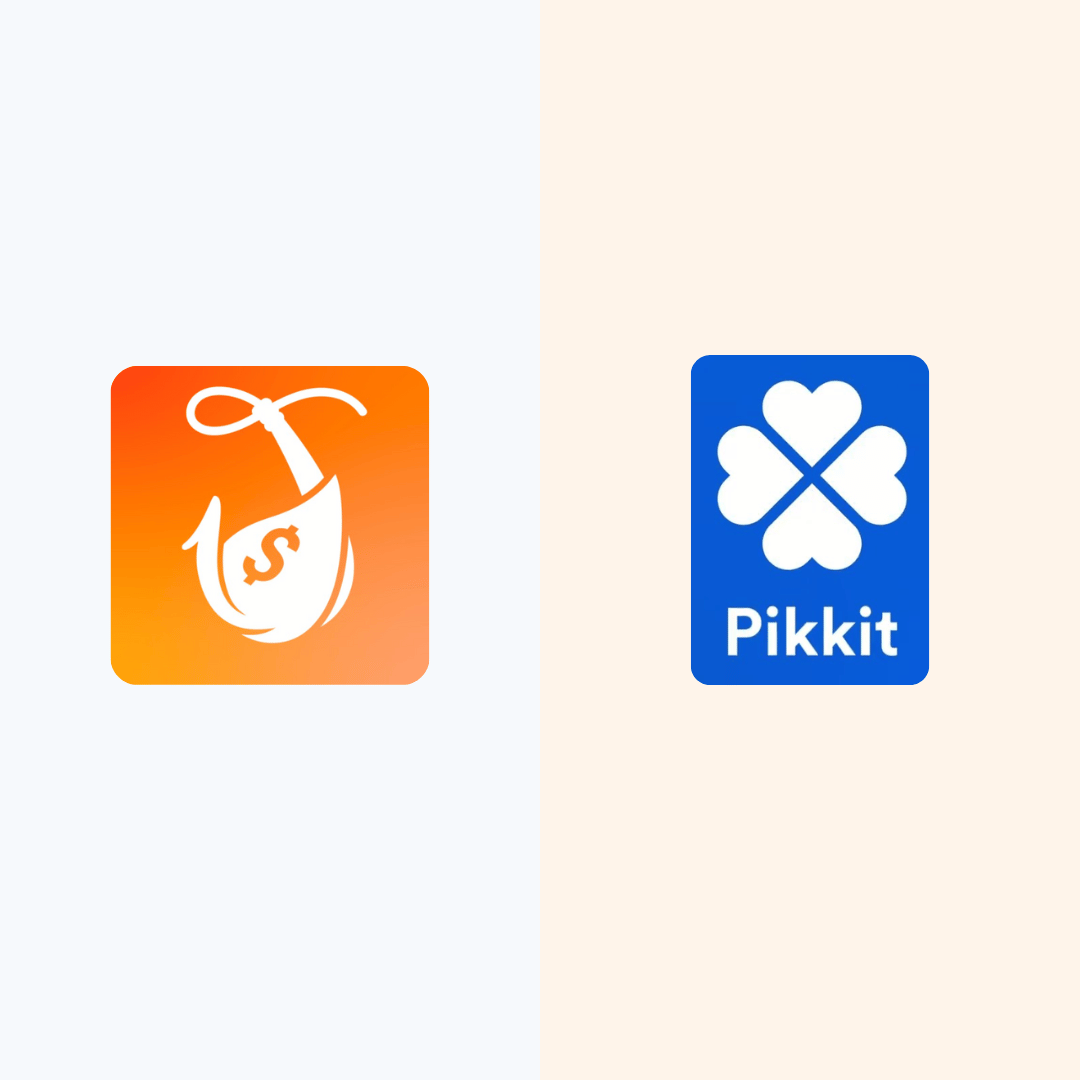Psilocybin Industry Analysis
Psilocybin is quite the buzzword these days. It seems that everywhere you look, people are talking about shrooms. They either want to learn more about psychedelics for personal use, or they want a piece of the psilocybin industry action.
For this reason, let’s examine the current state of the psilocybin industry in the US.
Psilocybin – The active ingredient in mushrooms
Psilocybin is the active ingredient found in many types of hallucinogenic mushrooms and truffles. It’s a basic tryptamine hallucinogen.
It shares properties with lysergic acid diethylamide (LSD) and DMT, although the chemical structure and effects differ.
Research shows they activate the serotonergic (5-HT) pathways found in the thalamus and cortex of the human brain.
Why is the Psilocybin industry popular?
Psilocybin has quickly become the most coveted hallucinogen on the market. It appeals to a large consumer base for a handful of reasons. For starters, it is natural and incredibly beneficial.
Researchers have been looking in the various ways psilocybin products can be used to treat mental health conditions and even some neurological disorders. Also, the dose can be very easily customized. A consumer can take microdoses (0.5 grams), “heroic doses” (5+ grams in one sitting), and everything in between. They’re also affordable and relatively easy to find, or grow at home if you prefer.
The industry is new, and psilocybin is still federally illegal, so while you may see some companies selling actual psilocybin products, like the mushrooms themselves, extracts, and edibles, they’re few and far between. And many of them are based out of other countries, like Canada.
Some of the more common types of business-to-consumer (B2C) psilocybin businesses you’ll see in the United States are home grow suppliers and psychedelic retreats. Behind the scenes we have cultivators, processers and manufacturers, testing labs, extractors, and so on.
In the only two states where psilocybin is legal, Oregon and Colorado, the licensing options are as follows:
Oregon’s Psilocybin Industry
Oregon is the first state in the US to establish a psilocybin industry. There are four regulated business licenses you can apply for in Oregon’s psilocybin industry (each of which are further broken down in the following sections:
- Manufacturer license
- Service center license
- Facilitator license
- Testing laboratory license
Manufacturer license
An Oregon psilocybin manufacturing license allows a business to manufacture, plant, cultivate, harvest, produce, prepare, and propagate psilocybin mushrooms and related products.
Service center license
Companies who want to host psilocybin sessions in which a consumer uses psilocybin on site, they would need to obtain a service center license.
Facilitator license
Psilocybin Facilitator Licenses are awarded to individuals who serve as “guides”, or in other words, those who would be present and supervising during a psilocybin experience.
Testing laboratory license
This license allows establishments to test psilocybin products for the following:
- microbiological contaminants,
- pesticides, solvents or residual solvents,
- other possible contaminants, and
- psilocybin concentration.
Psilocybin testing laboratories in Oregon must be accredited and meet all requirements established by the Oregon Health Authority (OHA) to operate in the psilocybin industry.
Colorado’s Psilocybin Industry
On the other hand, the psilocybin industry in Colorado offers businesses and individuals five license types they can apply for:
-
- Healing center license
- Cultivation facility license
- Products manufacturer license
- Testing facility license –
- Facilitator license
Let discuss each of the license types available in Colorado’s psilocybin industry below.
Healing center license
In addition to allowing companies to provide a location where psilocybin sessions can occur, this license also permits establishments to cultivate and manufacture psilocybin products.
Cultivation facility license
Allows cultivation of regulated natural medicine for transfer and distribution to healing center licensees, product manufacturers or other cultivation facility licensees.
Products manufacturer license
Enables the production of regulated natural psilocybin products as well as cultivation in accordance with a cultivation facility license.
Testing facility license
Allows companies to conduct testing and research on psilocybin products.
Facilitator license
Allows a facilitator to provide natural medicine services using psilocybin products to participants in preparation, administrative, and integrative sessions.
Know what business licensing options are available can help you narrow down what type of business you can operate and legally advertise in the United States.
Closing Remarks on the Psilocybin Industry
The psilocybin industry is emerging and many states are looking at ways to legalize and regulate psilocybin. Our psilocybin marketing firm has helped businesses in Oregon and Colorado establish strong brands through effective marketing and psilocybin SEO.
Schedule a free consultation with our psychedelics marketing agency to learn how we can help you best capitalize on the psilocybin industry.


